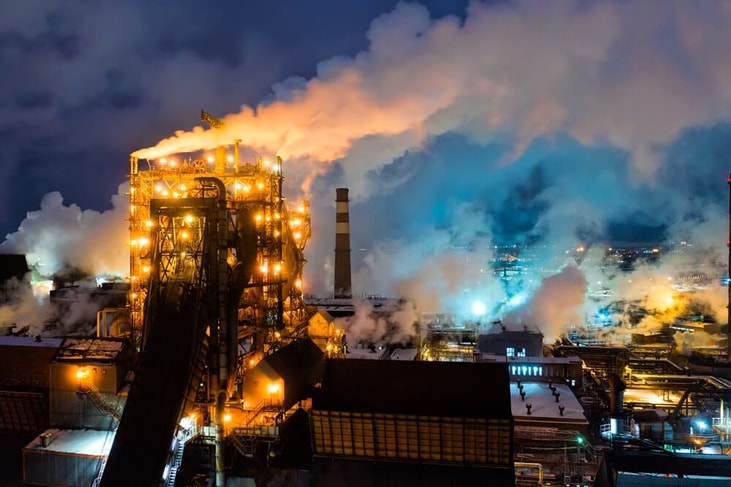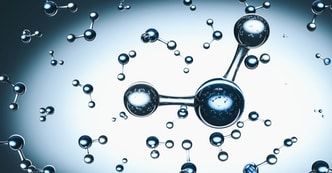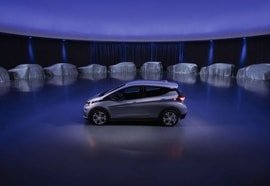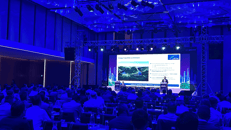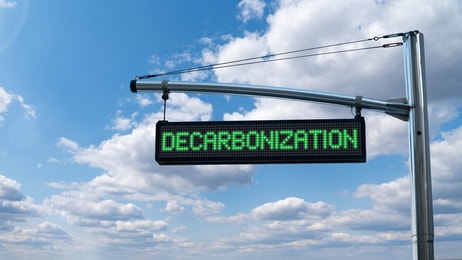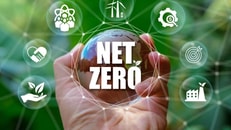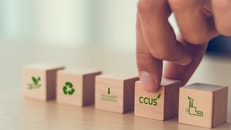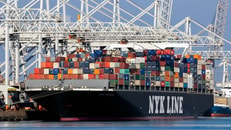CCUS hub study launched to cut steel sector emissions in Asia
A consortium of leading steelmakers and energy companies is studying the development of large-scale carbon capture, utilisation and storage hubs across Asia, which produces more than 70% of the world’s steel.
The CCUS Hub partners include ArcelorMittal Nippon Steel India, JSW Steel, Hyundai Steel Company, BHP, Chevron, and Mitsui & Co.
The study will examine opportunities for shared CO2 capture, transport and storage infrastructure, aiming to reduce costs compared to individual projects. Each partner will be involved in at least one hub, comprising centralised capture, transport, and storage facilities.
“With more than 1 billion tonnes of production a year in Asia coming from blast furnace capacity that is relatively early in its production life, it’s important for industry to decarbonise existing steelmaking assets,” said Dr Ben Ellis, Vice President Marketing Sustainability at BHP.
Running until the end of 2026, the study will set out preliminary plans for each hub, including cost estimates, construction timelines, and potential commercialisation pathways.
Steel production accounts for around 7% of global CO2 emissions annually, with demand projected to rise 30% by 2050, according to the World Economic Forum. JSW Group’s targets align with this challenge.
“We aim to reduce our CO2 emissions intensity in steelmaking by 42% by 2030 from a base year of 2005 and achieve net neutral carbon emissions by 2050,” said Prabodha Acharya, Chief Sustainability Officer at JSW Group.
However, the Institute for Energy Economics and Financial Analysis (IEEFA) notes that capture rates remain low at the world’s only commercial-scale CCUS facility for gas-based steel production.
The Al Reyadah plant in the UAE captured less than 20% of total Scope 1 and Scope 2 emissions in 2020 and 2021, and 26% in 2022 after its owner EMSTEEL switched to nuclear and solar power for electricity.
EMSTEEL and Masdar are now pursuing alternative decarbonisation pathways, including green hydrogen, following the launch of its DRI-EAF pilot project last year.
“Green hydrogen is an essential element in advancing national and global decarbonisation efforts and we are proud to be at the forefront of that endeavour,” said Mohamed Jameel Al Ramahi, Masdar CEO.
IEEFA warns that a broader industry shift towards DRI technologies could sideline CCUS in steelmaking, as happened in power generation, where projects such as the UK’s £1bn CCS programme and the US Kemper plant were cancelled after policy shifts and cost overruns, leaving few operational facilities.

